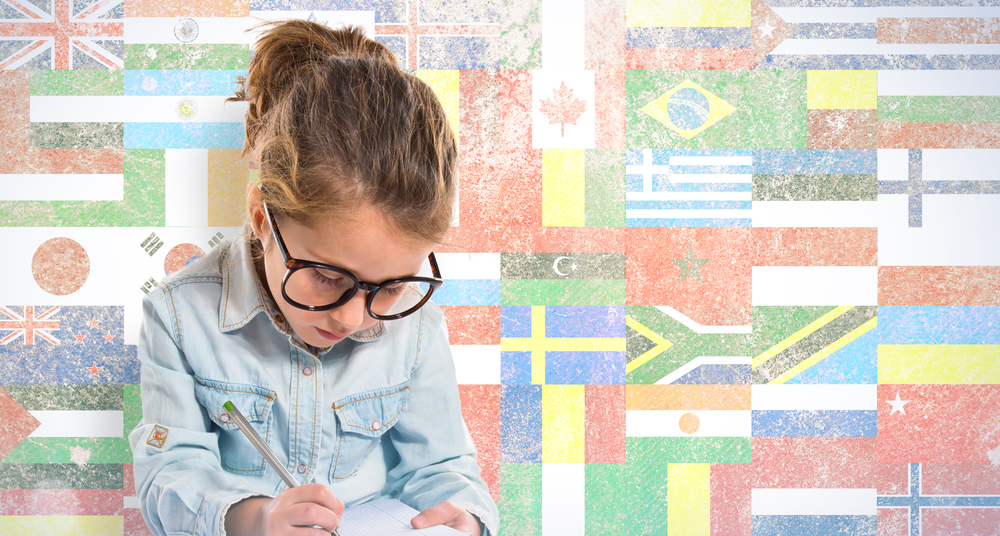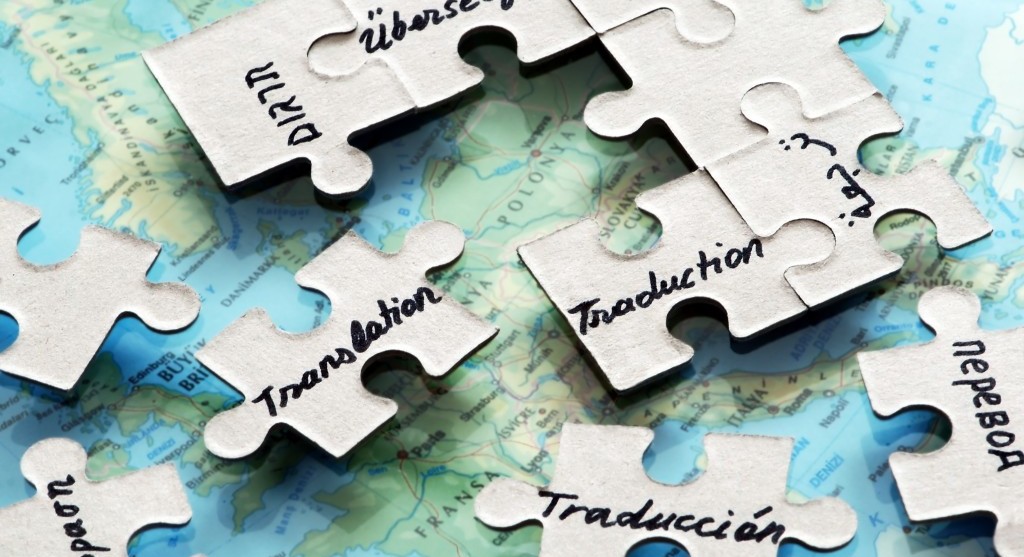Vissually wanted to expand to the French and British market, and so using our expert team we were able to translate their website into French and English efficiently, allowing customers from all over Europe to make the most of Vissually’s expert services, while Vissually can benefit from international business. Good news all round!
Vissually is a company which offers creative solutions to boost the sales of the brands they work with. With a carefully chosen team of engineers, graphic designers and printers, they create attractive products in countless formats, in order to meet their customers’ requirements and make them stand out among their competitors.
As with many companies, a lot of Vissually’s business is generated from their website. They have a successful website which is key to successful business, but Vissually have come up against a challenge which many successful businesses face – their market is limited to Spanish customers. They wanted to expand their business to reach out to a wider audience, and to do this, they needed to translate their website into different languages. To provide this important service, they chose BigTranslation. Here at BigTranslation we offer a website translation service into over 24 different languages, giving your business the opportunity of global success.
The key elements of website translation
What makes us unique is that we use native translators in order to make any translation sound as natural as possible. Native translators also know and understand the market needs and requirements of the audience for which they are translating, and are able to adapt the translation accordingly.
We also realise that no matter how good the quality of the translation may be, it has no relevance if it can’t be found on online searches. This is why we offer a SEO translation service, to allow your website to maintain high search engine visibility during searches from various countries. We specify key words and expressions which will increase the amount of users visiting the website.
Vissually wanted to expand to the French and British market, and so using our expert team we were able to translate their website into French and English efficiently, allowing customers from all over Europe to make the most of Vissually’s expert services, while Vissually can benefit from international business. Good news all round!











